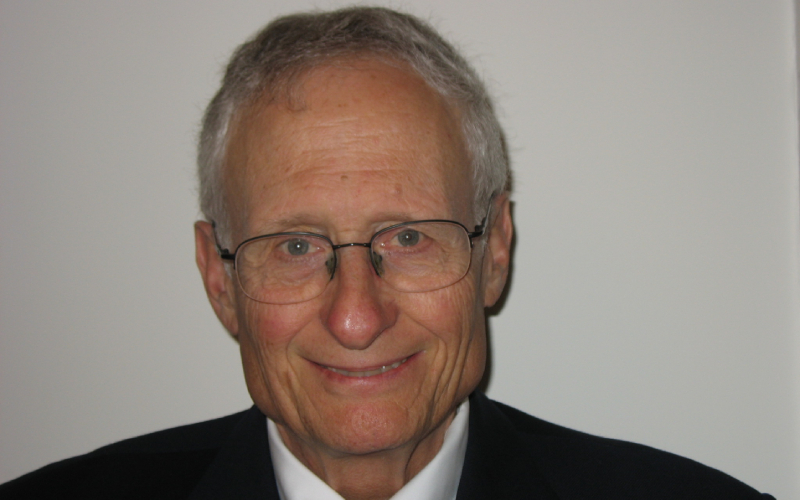“I see the importance being in the process of working with someone to write a case report such that the case report asks the reader to open up and deepen their awareness, both of the analysis, but by definition, also of themself. One is always asked, What does this mean? Go deeper, be more open. The process brings to the surface the experience of the analysis in a way that may not have been available in the supervision or perhaps even in one’s own analysis. It deals with residual constraints and inhibitions that then come to the surface, as in the ‘three minute chess match’ and can be discussed and more openly dealt with, whether in the supervision or in one’s own analysis or one’s self-analysis. When the candidate or the graduate analyst has become aware of this, and the subjective experiences that have gone on, there’s a deeper understanding of the analytic work, both in the case report and in my sense, in the analytic work, where these inhibitions and resistances may also have functioned.”

Stephen B. Bernstein, MD
Brookline, Mass.
Episode Description:
We begin by exploring the critical role of case writing in psychoanalytic training, discussing Steve’s concept of “a fourth pillar of analytic training.” Steve introduces the dynamic interplay between writing and self-reflection, arguing that the act of writing illuminates resistances, countertransference, and areas of growth that might elude the analyst in supervision or personal analysis. He shares his innovative ‘three-minute chess match’ technique for identifying the heart of a case narrative and reflects on his journey—from his mother’s poetry to his current work mentoring candidates in the art of case writing. We explore Steve’s insights on the ‘re-immersion anxiety’ that can inhibit case writing, and how addressing these resistances transforms the writing process and deepens clinical work. We conclude with a discussion of how the process of writing fosters an enduring capacity for self-supervision and analytic insight.
Our Guest:
Stephen Bernstein, MD is a Training and Supervising Analyst at the Boston Psychoanalytic Society and Institute and has chaired a discussion group on writing about analytic cases for over 30 years. He is a prolific author, including his recent paper, The Process of Case Writing: A Fourth Pillar of Analytic Training, published in the Journal of the American Psychoanalytic Association. Dr. Bernstein’s work highlights the centrality of case writing as an essential tool for self-reflection and professional development. Beyond his focus on writing, he has contributed to the field with early research demonstrating the compatibility of preparatory psychotherapy with psychoanalysis and continues to mentor candidates, fostering their growth as analysts and writers.
Recommended Reading:
Bernstein, S. (2023). The Process of Case Writing: A Fourth Pillar of Analytic Training. Journal of the American Psychoanalytic Association.
Gabbard, G. O. (2000). Disguise or Consent? Problems and Recommendations Concerning the Publication and Presentation of Clinical Material. International Journal of Psychoanalysis, 81, 1071-1086.
Kantrowitz, J. L. (2004). Writing About Patients: I. Ways of Protecting Confidentiality and Analysts’ Conflicts Over Choice of Method. Journal of the American Psychoanalytic Association, 52, 69-99.
Stimmel, B. (2013). The Conundrum of Confidentiality. Canadian Journal of Psychoanalysis, 21(1), 84-106.
Stein, M. H. (1988). Writing About Psychoanalysis: II. Analysts Who Write, Patients Who Read. Journal of the American Psychoanalytic Association, 36, 393-408.

Hi Graciela,
I totally agree that the process of writing about one’s cases is important and also that as a result off the writing we can
see parallel constraints in both our writing and in our analytic work, that we can lessen over time. Thank you for your interest.
Stephen Bernstein
I loved this episode. I believe that the process of writing about our control cases is truly an essential step in the integration of the tripod. It is there where theories truly intertwine with personal experiences, our didactic analyses, and supervision.
How can one join Dr Bernstein’s discussion group?
Hi,
The Discussion Group occurs at the annual meetings of The American Psychoanalytic Association and this one, which you can
join, will be on Thursday, February 5 from 4:30 to. 6:30 at the San Francisco meetings.
Thanks for your interest.
Stephen Bernstein